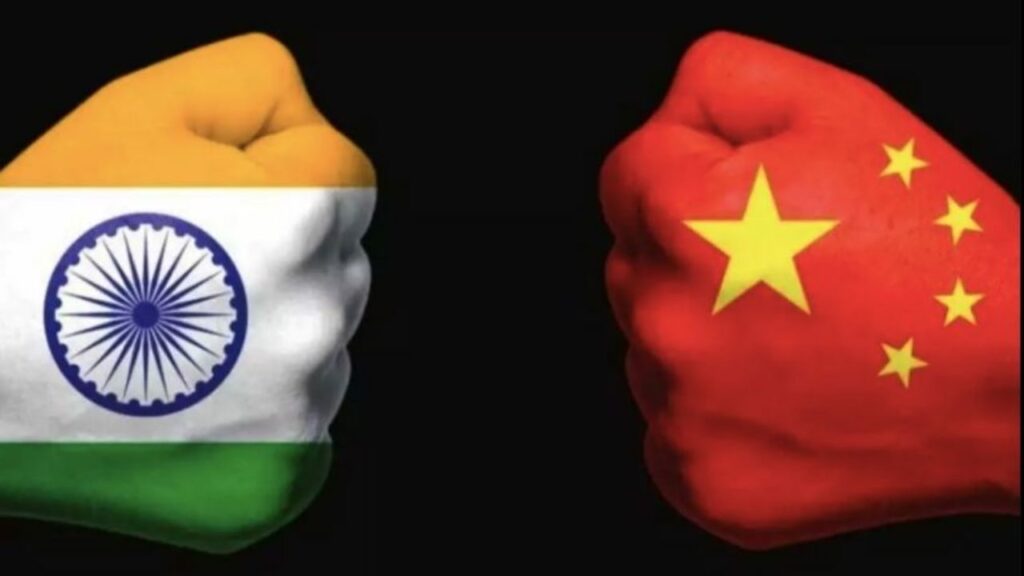Indian intelligence agencies have identified over a dozen influential social media entities, including bloggers and YouTube creators, who allegedly further Chinese information operations. Their financial sponsorship and constant peddling of CCP narratives is seen as a national security risk.

India Today reported: “INDIA TODAY has exclusively learnt that a comprehensive list made by China watchers in South Block, and based on intelligence inputs and regular monitoring of these influencers’ activities and social media posts, is now being shared with the Union government for action.”
Massive Following Aids Shaping Opinions
With subscriber bases running into millions for some, the authorities believe these influencers wield tremendous potential for public opinion manipulation on behalf of adversaries. Their posts downplaying human rights violations against Uyghurs or over-glorifying Chinese governance in restricted areas like Xinjiang and Tibet shape perceptions.
Hence, their supposed motivations under external influence requires urgent scrutiny given national security implications of propaganda indirect targeting gullible youth fed simplified, often false narratives around Sino-Indian tensions.
Countering Negative Portrayals
Officials involved in tracking the ecosystem argue that the primary focus of content published by such India-based influencers is furthering positive outlook for Chinese policies abroad to counter critical coverage on issues like the Uyghur genocide.
They enable China to brush aside condemnations by India and other countries over its domestic conduct as misunderstandings, using local voices as props for validation and fogging truths. The simplistic, superficial portrayal of Chinese life also perpetuates misleading stereotypes.
Financial Gains Cloud Objectivity
While some genuine bloggers aim at cultural bridges, others have financial incentives clouding objectivity. For instance, trips to even restricted Chinese areas with expenses covered engender narrative depictions favored by authorities in return, rather than balanced reportage expected from content creators.
Hence, supposed neutrality stands compromised due to indirect sponsorship from agencies affiliated to China’s communications machinery. Stricter transparency laws around influencer sponsorships are among solutions suggested.












